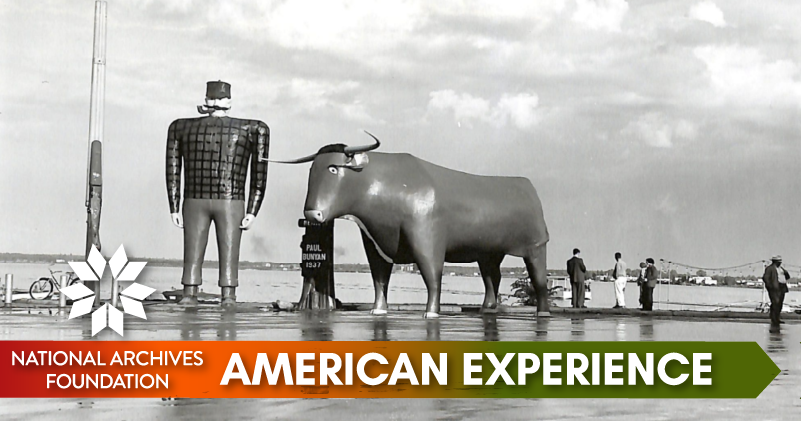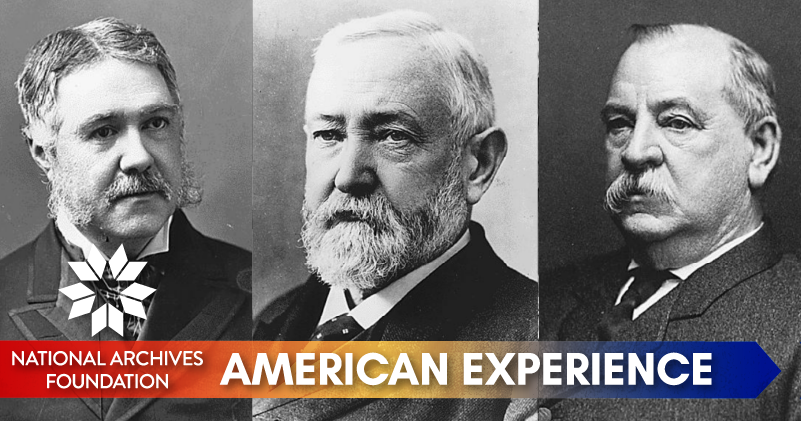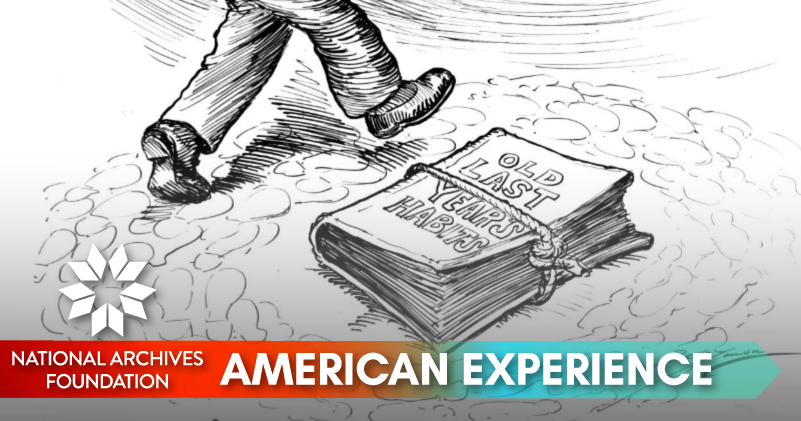Reading this Email is Not Enough
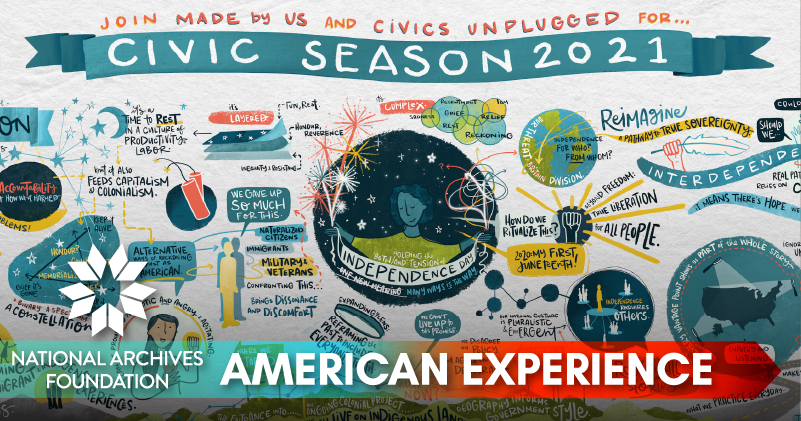
Past Event Info
On Thursday of this week, I will interview Civil Rights legend Fred Grey – lawyer to Rosa Parks, John Lewis, and Martin Luther King, among others. In preparation for the program, I’ve read his biography and watched many of his interviews online. I’m extremely excited to hear him share the first-person accounts of those days and the courage they forged.
The Civil Rights Movement used petitions, media coverage, lawsuits, sit-ins, rides, walks, and boycotts. It took both individual and collective efforts on a local and national scale to make a dent toward progress. Next week, Made By Us a coalition of history and civics organizations led in part by the National Archives Foundation, will launch an effort to inspire and motivate young people (and all generations) to take a hard look at the state of our nation and ask themselves: how, when, and where can I add my voice? This is where the inaugural Civic Season comes in.
Made By Us
Launching on Flag Day (June 14) and running through July 4th, the Civic Season aspires to mobilize us all to connect with our past, take action in the present, and shape the future through activities and events in our neighborhoods, cities, towns, and social spaces.
This time of year, we reflect on the moment when a new generation boldly articulated the values of a new nation: freedom, equality, justice, rights, and opportunity. Juneteenth reminds us that people in America have fought over hundreds of years to make those values a reality —and we still have work ahead of us. I encourage you to use the link below to dig through the hundreds of activities, programs, and resources that match your historical passions and civic interests. No gesture is too small, and no action is too bold.
Civic Season
It’s time to create a new kind of tradition
What will you do as part of this inaugural Civic Season?

Patrick Madden
Executive Director
National Archives Foundation
Why Civic Season?
As a result of the current social and political climate, as well as their lived experience, Young Millennials and Gen Z already an impressively engaged demographic. As the keeper of our nation’s founding documents and historical records, the National Archives Foundation is invested in fostering that civic participation by relating the stories of our nation’s past to its present. Throughout Civic Season, we’ll be participating in interactive activities, engaging events, and big-picture conversations on social media to use our country’s past to foster an investment in its future.

Visit
Civic Season Voices
Young people have always had a leading voice in our country. Many of the Founding Fathers were under 35 – even twentysomethings when they signed the Declaration of Independence and broke away from hundreds of years of monarchy to chart their own course toward democracy. Thomas Jefferson penned his famous words “life, liberty, and the pursuit of happiness” at 33; Alexander Hamilton served as Washington’s right-hand man at 21; James Monroe, who became our fifth President, was 18!
Civic Season is a celebration of young people’s participation in our democracy, but it is also a call to do more. Our Founding Fathers dreamed of a “more perfect union,” and 200-plus years later, it still needs some work. Thankfully, their legacy of young people stepping up and speaking out lives on.
Interested in joining us this Civic Season? Sign up here! (Event has passed)
The Big Ideas
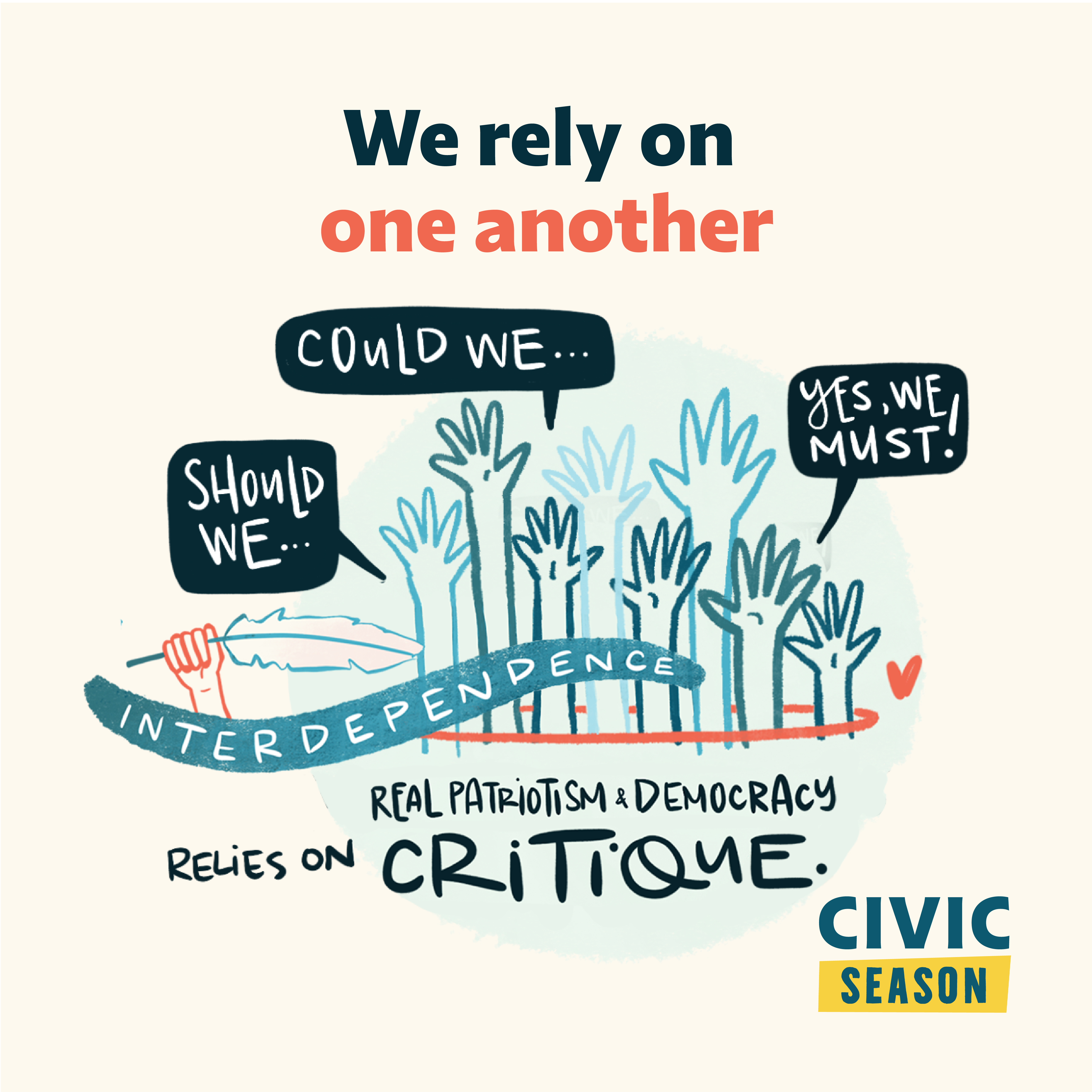
The “big ideas” of independence, sovereignty, and patriotism will help guide us through Civic Season, not as a condemnation of America’s imperfections, but as a recognition of the opportunity to widen our lens. Just as our Founding Fathers sought independence, so too did enslaved people, who now celebrate their Independence Day on June 19th (Juneteenth), the anniversary of General Order 3, which was the Federal Government’s fulfillment of the terms of the Emancipation Proclamation.

National Archives Identifier: 7369336

Rightfully Her’s

National Archives Identifier: 182778372
The issue of sovereignty – or that citizens must consent to being ruled – was a radical notion in 1776. Less radical was “who” counted as a citizen. In the Revolutionary Era, it was white, land-owning males, but the citizenry has grown as we’ve granted suffrage to women and welcomed new immigrants as citizens. But just as we’ve expanded citizenship, we’ve also fallen short. The upcoming anniversary of the Indian Reorganization Act on June 18 serves as a reminder that as our sovereignty as a nation grew, that of indigenous peoples and tribal nations was reduced and almost eliminated.
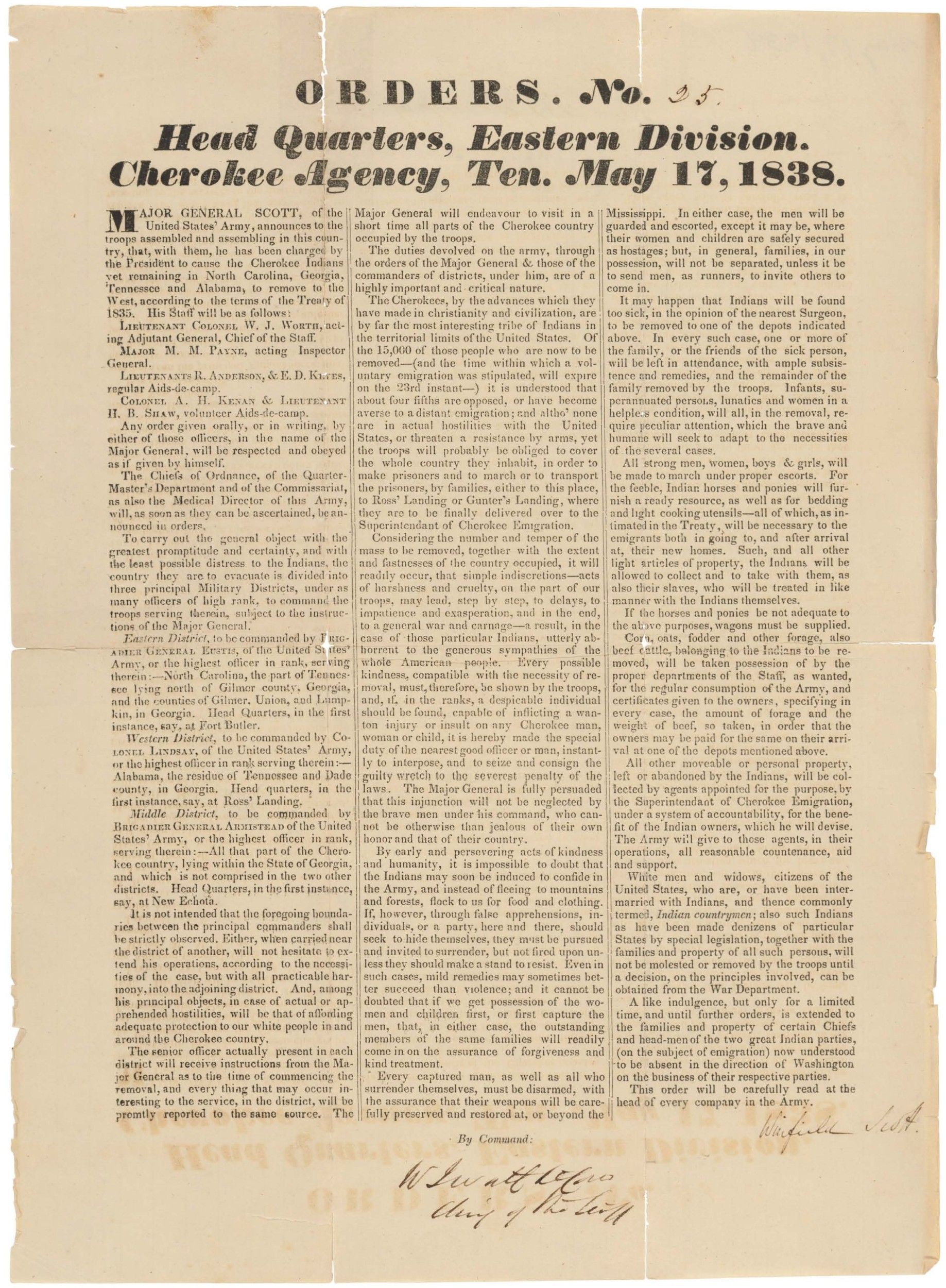
Source: NARA’s DocsTeach
Which brings us to patriotism: is it defined as praise of our nation despite its imperfections or as criticism with an eye toward achieving a more perfect union? This Civic Season, we’re defining patriotism by the actions we take – whether that’s taking time to hear stories from the Civil Rights era, attending a naturalization ceremony, getting involved in local government, or celebrating our country’s independence.
The Foundation has long valued our mission of preserving our nation’s history, and digitization has helped us reduce the barriers to access for anyone who wants to study that history for themselves. This Civic Season, we’re meeting young people where they are to empower them to use our nation’s past to create its future.
(1 hour 13 minutes)
Source: NARA YouTube Channel
The Power of Civics
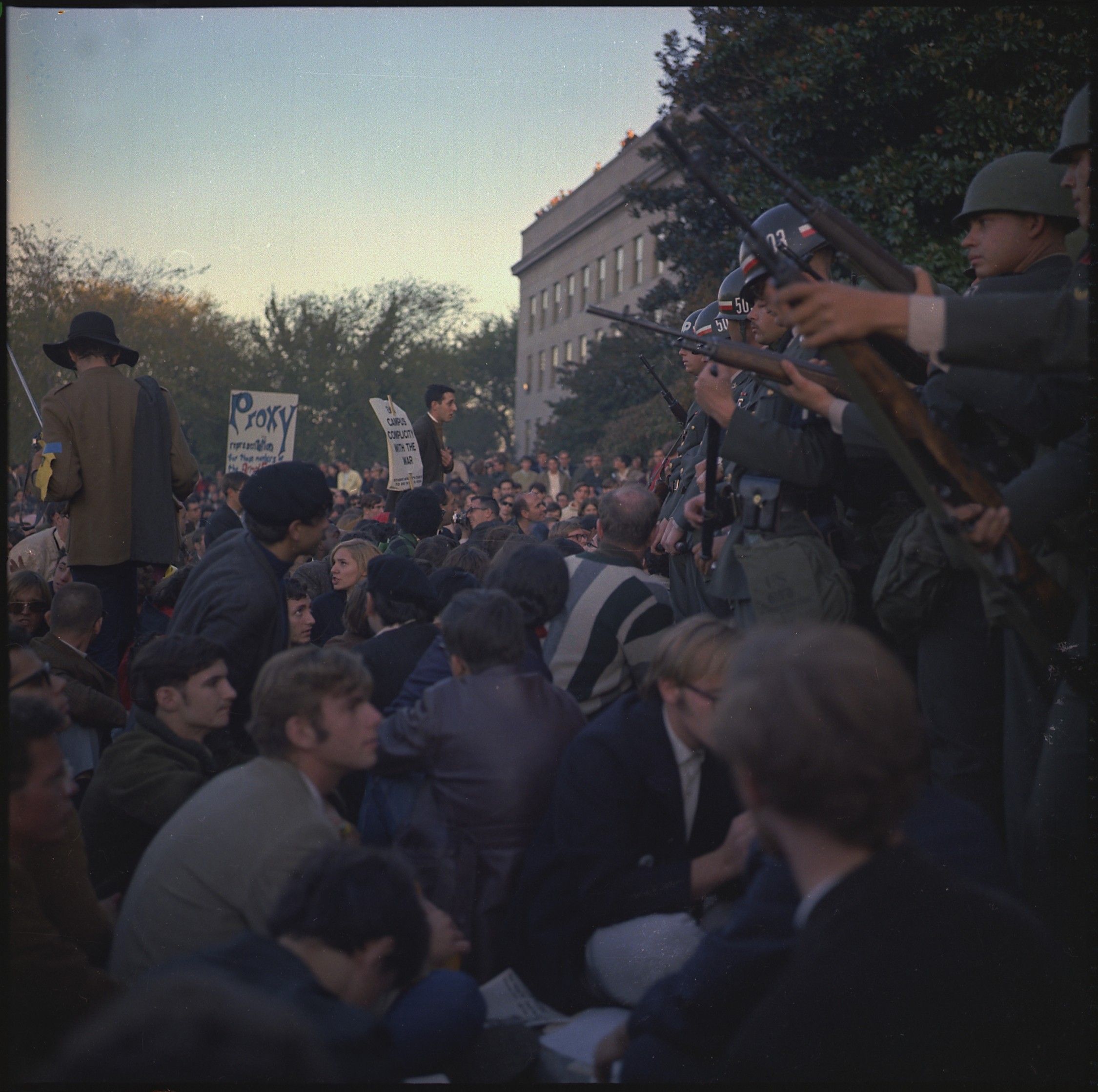
“Old enough to fight, old enough to vote.” That had been the mantra of 18-to-21-year-olds across the nation who were being drafted to serve in the U.S. military overseas without having any say in electing the leaders who sent them there. In response to World War II, FDR lowered the draft age to 18, but the minimum voting age set by most states was 21.
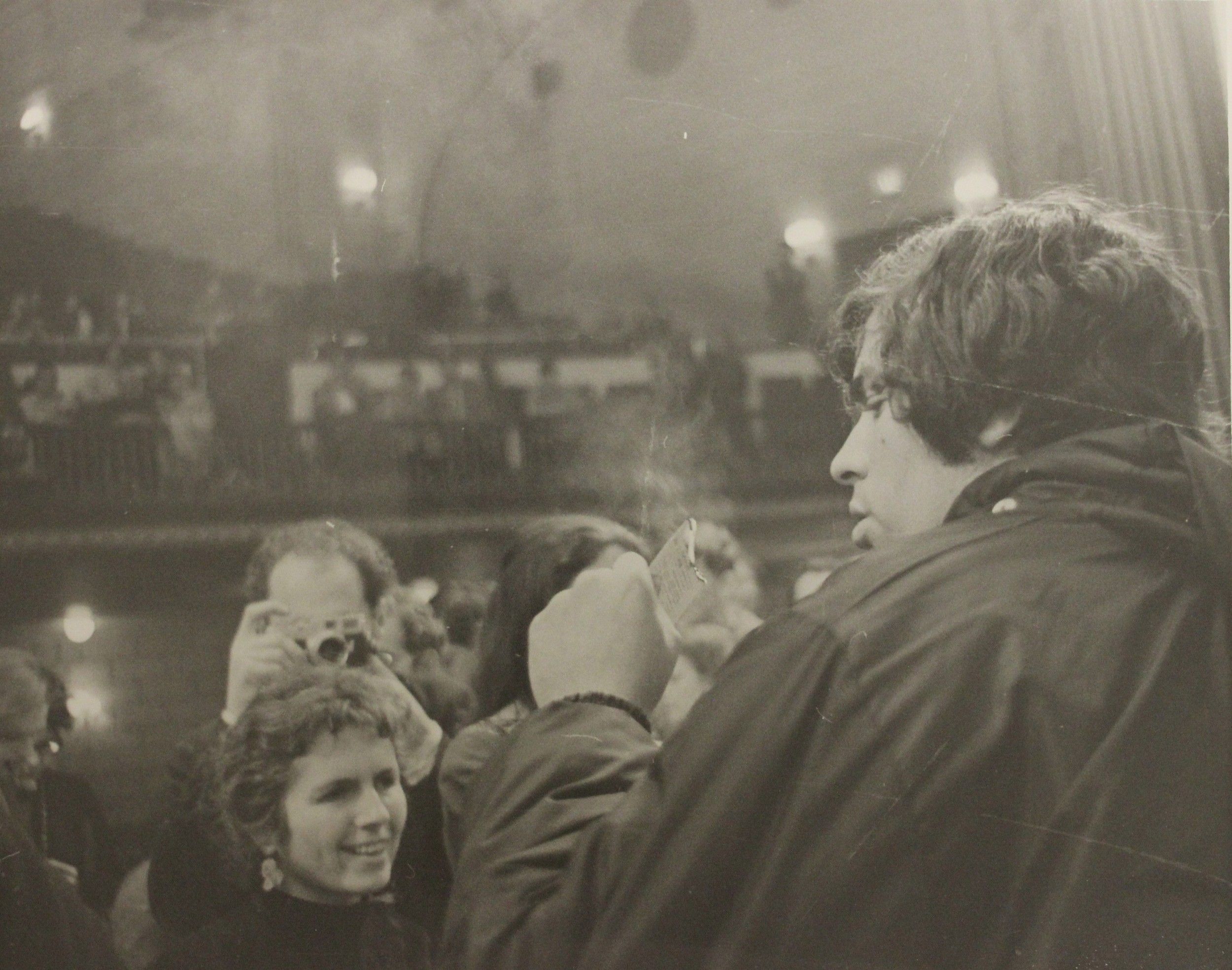
Source: NARA’s DocsTeach
National Archives Identifier: 7419593
As the Vietnam War raged on, discontent grew within younger Americans. Youth were already engaged politically, whether within the Civil Rights movement, women’s liberation, or the growing protests against the Vietnam War. Their cause transcended the political spectrum, racial identity, and gender, and in late April of 1970, over 2,000 youth activists lobbied Congress for their right to vote. In March 1971, the 26th amendment was officially introduced and passed on the House and Senate floors, and states began to ratify the amendment within hours, achieving a two-thirds majority on July 1.
Celebrating the 26th Amendment: Young Women and the Vote Today
The legacy of the 26th lives on. Youth voter turnout has had consequential effects, as it did in the 2008 Presidential election, and Millennials are poised to soon become the largest voting block. On June 22nd, we’re exploring the impact of the 26th amendment and its impact on civic engagement, especially for young women, today. And if you’re really wondering where to start on your civic engagement journey, look no further than our Summer Civics Series, where we’ll show you how to use our vast Archives catalogue to reconstruct the past and reshape the future.

Civic Superpower Quiz
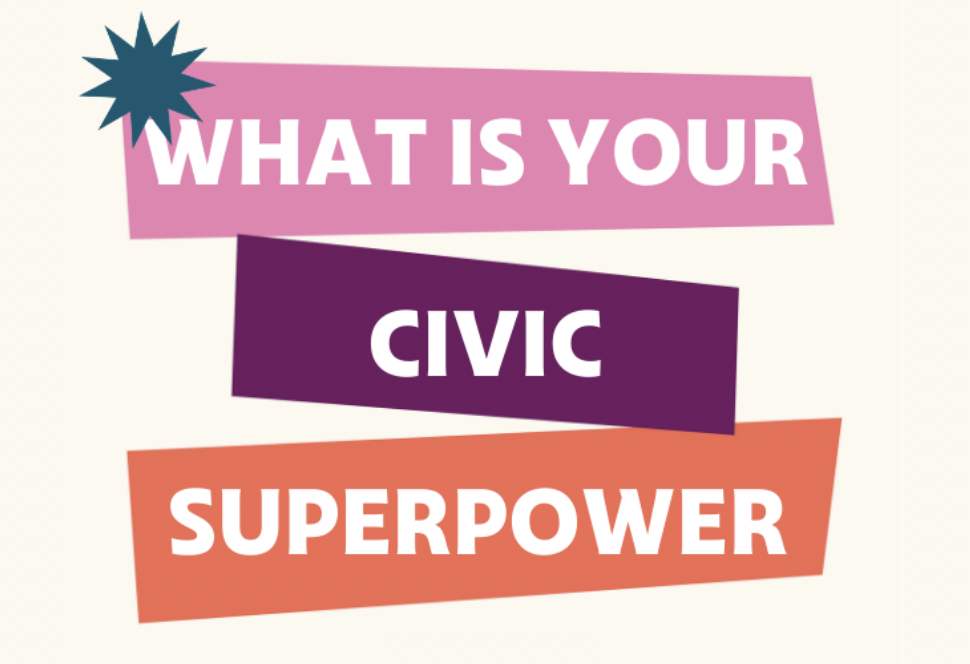
Everyone has their own ways to engage in civic action. Maybe it’s volunteering at a voter registration event, running for a position in student government, or writing an email to your Senator about a bill you support. Whatever your Civic Superpower is, it’s valuable and needed.
Civics for All of US
BINGO! You’re Civically Engaged!
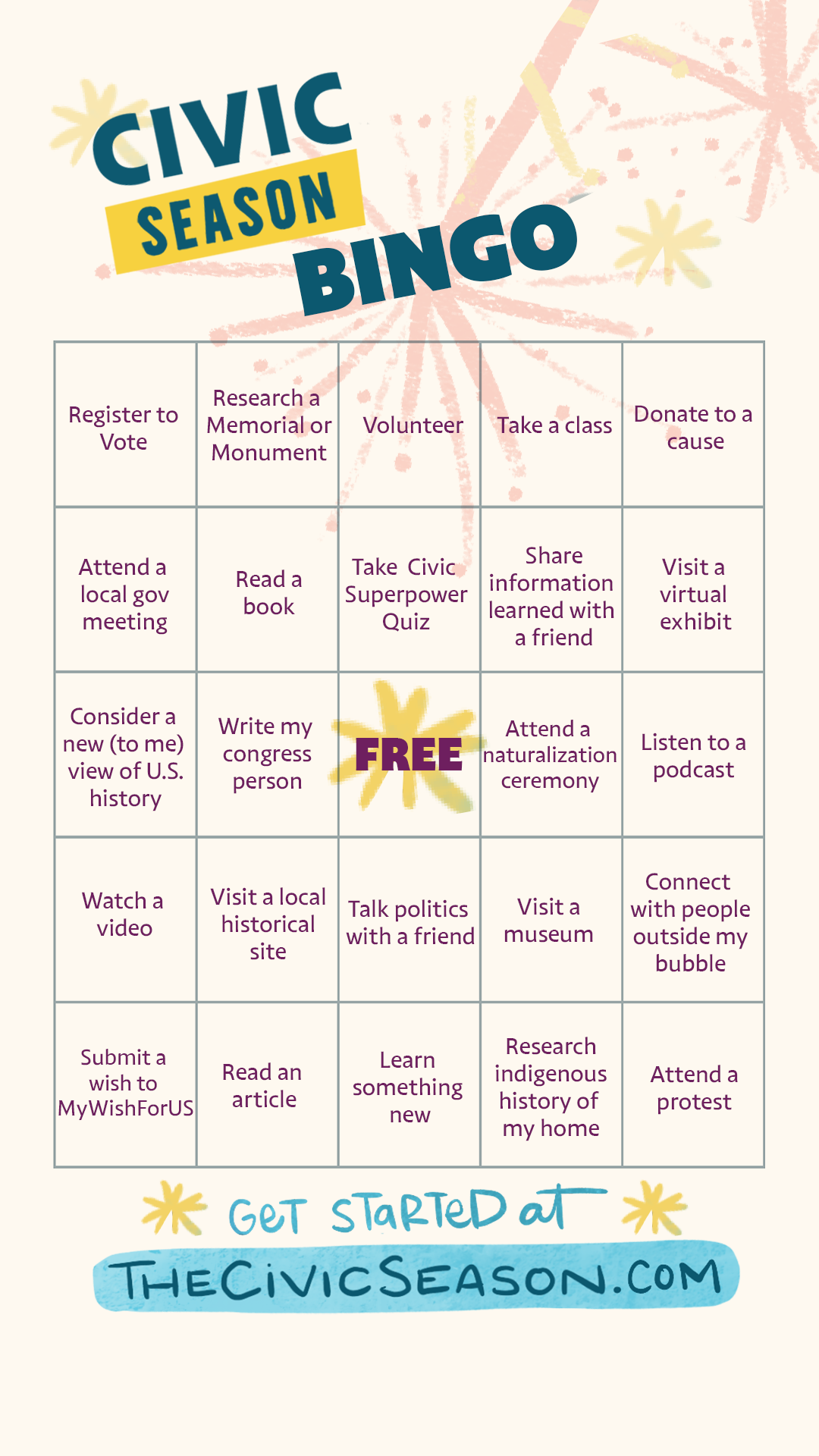
There’s so many ways to use your talents to get involved in Civic Season, and our bingo card will help you keep track. Here’s something fun: play before AND after Civic Season ends. How many squares did you add between Juneteenth and Independence Day? Challenge yourself and others.




